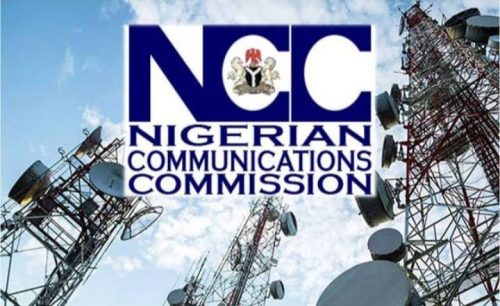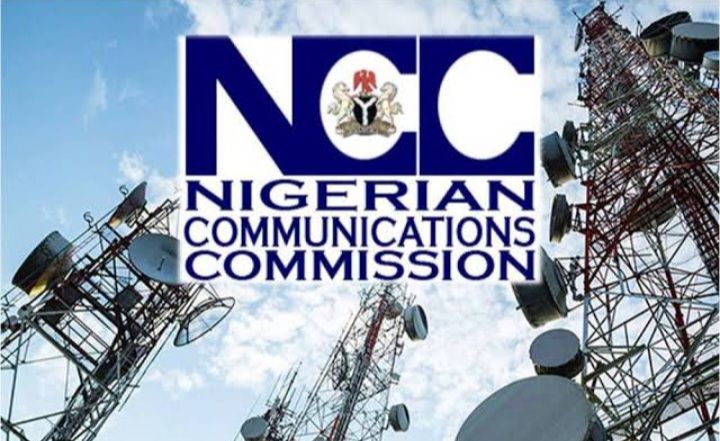The Nigeria Communications Commission said it has ordered Mobile Network Operators to conduct an independent audit of their billing systems to tackle the rising concerns over data depletion among subscribers.
The NCC’s Director of Public Affairs, Reuben Mouka, signed a statement on Thursday outlining this directive, which aims to ensure transparency and accountability in data usage and billing practices.
Furthermore, the NCC is taking steps to simplify tariff plans, aligning with its broader mission to enhance transparency within the telecommunications sector.
The regulator added that this initiative seeks to offer consumers clearer and more comprehensible pricing options, empowering them to make informed decisions regarding their network preferences and service selections.
“Consumers are empowered to make the right network selection, enjoy seamless onboarding into the network of their choice, enjoy quality service at fair costs, receive responsive customer service, and enjoy protected off-boarding where they choose to leave the network.
“To address consumer complaints on data depletion, the commission has directed Mobile Network Operators (MNOs) to conduct an independent audit of their billing systems and is concluding a consultation process to simplify tariff plans. These initiatives would provide enhanced transparency to the consumer,” the statement highlighted.

The regulator highlighted its advocacy for designating telecom infrastructure as critical national infrastructure.
This designation, according to the NCC, would prioritize the protection and development of telecom infrastructure, ensuring its resilience and reliability in serving the nation’s needs.
In addition to these measures, the NCC has unveiled ambitious targets aimed at significantly elevating the quality of services (QoS) in the telecommunications realm.
To achieve a 50 per cent improvement in QoS by year-end, the regulator is actively pursuing this objective in alignment with the directives set forth by the Minister of Communications, Innovation, and Digital Economy, Dr Bosun Tijani.
Under Dr Tijani’s Strategic Agenda 2023, the NCC has committed to several key objectives, including elevating Nigeria’s broadband penetration rate to 70 per cent by 2025’s end. Additionally, the Commission aims to deliver robust data download speeds of 25 Mbps in urban areas and 10 Mbps in rural regions by the end of 2025.
By 2026’s conclusion, the NCC aims to extend coverage to at least 80 per cent of the country’s populace, with particular attention to underserved and unserved areas.
Moreover, the Commission targets a substantial reduction in the percentage of unconnected Nigerians in rural regions, aiming to lower this figure from 61 per cent to below 20 per cent by 2027.
The NCC’s strategic vision also entails facilitating a significant increase in broadband investment, targeting a growth rate ranging from 300 per cent to 500 per cent by the end of 2027.
Culled from Punch





